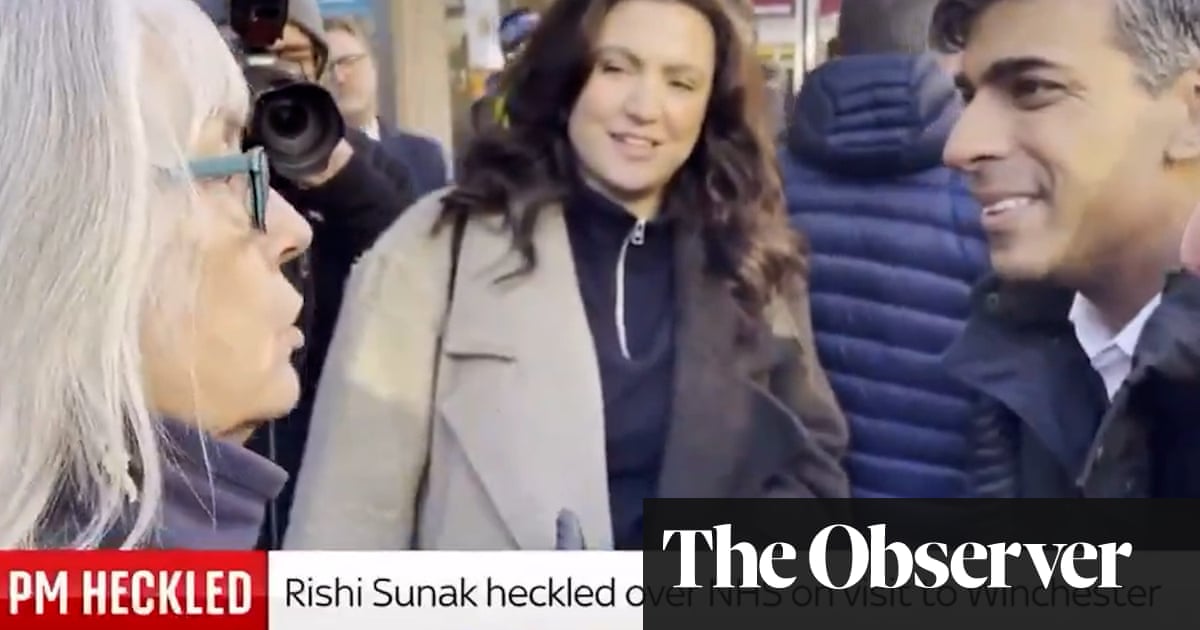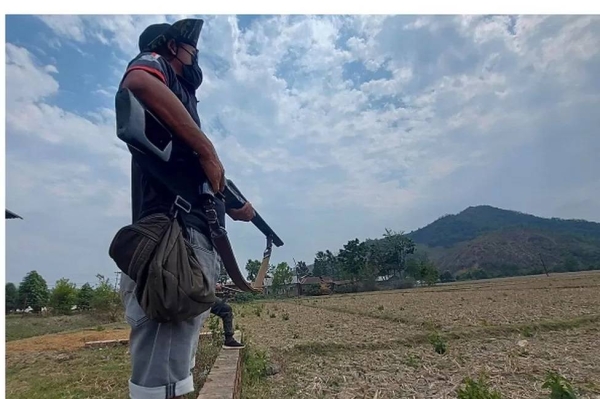
Disha Ravi was charged after sharing a protest manual with farmers demonstrating against India’s government
A court granted bail to the activist associated with Greta Thunberg on Tuesday citing ‘scanty and sketchy’ evidence against her
NEW DELHI: The recent release on bail of young Indian climate activist Disha Ravi has brought some relief, but fears are growing over an increase in guilt by association toward other young Indian activists, her lawyer and other rights advocates claim.
Ravi, an Indian associate of Swedish climate activist Greta Thunberg, was arrested in the southern city of Bengaluru on Feb. 13 on sedition charges for distributing a document to help farmers who have been demonstrating against India’s new farm laws. Police said the manual contained action plans for organizing protest violence.
The protests of tens of thousands of farmers, who say the new laws would leave them at the mercy of big corporations, have been one of the biggest challenges faced by Prime Minister Narendra Modi’s government.
Ravi’s manual was shared on social media by Thunberg, who earlier this month faced a backlash from Indian authorities for expressing solidarity with the protesting farmers.
While a court in Delhi granted bail to Ravi on Tuesday citing “scanty and sketchy” evidence against her, other activists and the 22-year-old’s lawyer are pointing to the increasing danger of guilt by association.
“The constant gaze on who you are, what you do, there is guilt by association,” Ravi’s lawyer and family friend R. Prasanna told Arab News on Thursday.
“There is a widening gap that without any sense of discretion cases are being lodged and attempts to incarcerate people just because you don’t like somebody making the comments,” she said.
“The state and its machinery are not able to distinguish between the acts which may amount to disaffection and acts and activities which may be just advocacy,” Prasanna said, adding that taking an unpopular position against the government on a law does not render one “anti-national.”
She added: “One could have 101 differences with your elected government but still you could love your country.”
Women’s rights activist Poonam Kaushik said that with Ravi’s case “the government is creating a sense of fear among youth and their parents.”
Kaushik, secretary-general of the Progressive Women Organization, told Arab News: “The bail to Disha is a relief but the larger message that the government wants to send is that anyone who criticizes the government will be put behind the jail.”
She added: “In the last few years, we see many people associated with human rights, civil society, academics have been put behind the bars under the draconian laws for challenging the narrative of the government.”
Data released by Delhi-based news website Article 14 earlier this month shows that the number of sedition cases during Modi’s six years in power has nearly doubled.
“(Since 2010) 96 percent of sedition cases filed against 405 Indians for criticizing politicians and governments over the last decade were registered after 2014,” Article 14 reported.
Over a third of those who faced the charges made critical or derogatory remarks against Modi and other key leaders of his Bharatiya Janata Party (BJP) party.
While the BJP says that criticizing the government is not sedition, cases such as Ravi are not about dissent.
“Opposing government or leaders is not sedition but becoming a part of a conspiracy to defame India and show her in poor light would not be considered dissent,” BJP spokesperson Sudesh Verma told Arab News.
“If you were helping anti-India forces to plan strikes or organize demonstrations to oppose the government, it would definitely be crossing the line,” he said.
For Bangalore-based political analyst Prof. Sandeep Shastri, there is a larger question following the ruling in Ravi’s case.
“When the judge says that the evidence is scanty and limited, it raises the question whether dissent is going to be looked at from the lenses of what authorities see right and what they see as wrong,” he said.
“In a democratic country like ours, the right to dissent is fundamental, the right to be critical of anyone in power is fundamental.”












